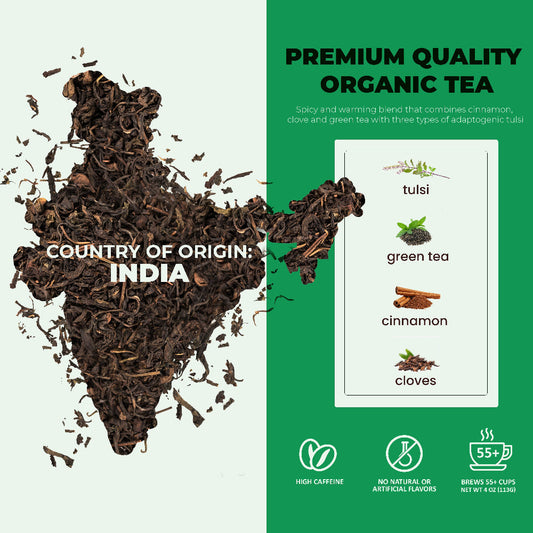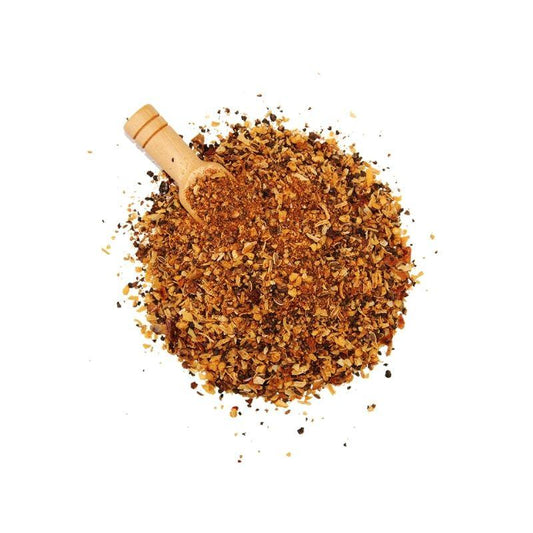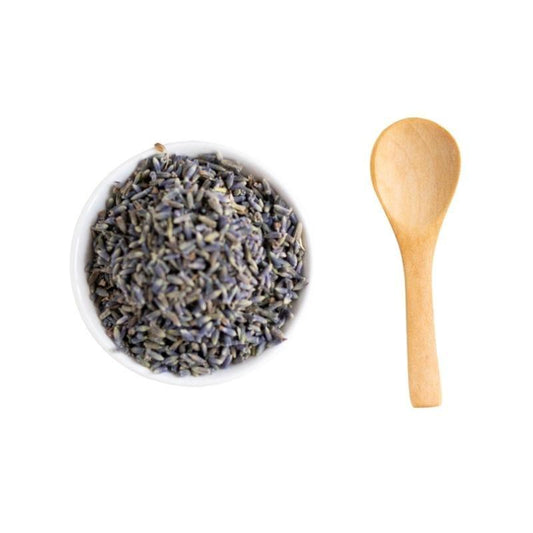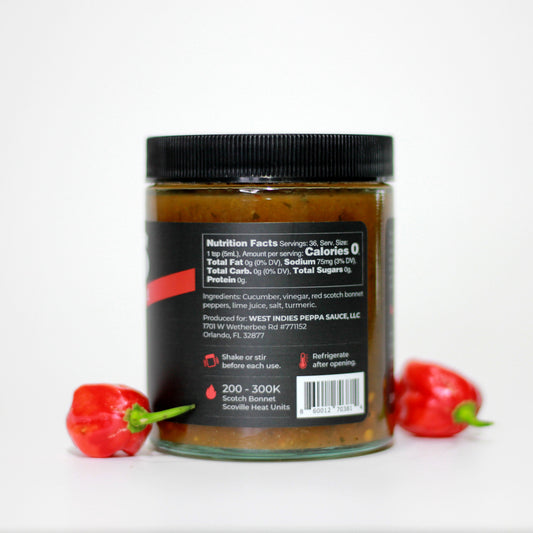
Why an Eco-Friendly Kitchen Matters (And How to Create One That Works for You)
Share
An eco-friendly kitchen isn't just a pretty Pinterest board moment—it’s a lifestyle shift that helps you cut waste, save money, and make healthier choices. From reducing single-use plastics to choosing low-impact products (like our very own Noubess seasoning blends, which come with sustainable packaging), every change adds up to something bigger: a better kitchen and a healthier planet.
Let’s break down the easy, practical ways you can transform your kitchen into a sustainable space you’ll love to cook in.
🌍 1. Say Goodbye to Single-Use Plastics
Single-use plastics are a significant contributor to landfill waste and ocean pollution, but fortunately, your kitchen is a great place to make impactful swaps.
✨ Easy Eco Swaps:
-
Ditch plastic wrap in favor of Reusable Beeswax Food Wraps. They're washable, biodegradable, and keep your food fresher, longer.
-
Swap out plastic baggies for silicone reusable storage bags—perfect for leftovers, freezer storage, and snack time.
-
Organize your pantry with airtight glass jars. They’re great for storing everything from grains to lentils, and they look gorgeous too!
🥗 2. Reduce Food Waste Like a Pro
Wasting food is wasteful on every level—financially, environmentally, and nutritionally. Here’s how to cut down without cutting flavor:
✅ Smart Tips to Waste Less:
-
Plan your meals around what’s in your fridge. A weekly plan helps you shop intentionally and avoid impulse buys.
-
Store leftovers right using reusable bags or glass containers that help reduce spoilage.
-
Get creative with scraps—turn veggie peels into broth or freeze fruit for smoothies.
And while you're cooking? Use Noubess Seasonings—crafted with low to no added salt and packaged in eco-friendly containers—to add bold, Caribbean flavor without wasteful extras.
🌱 3. Compost, Don’t Trash It
Food scraps are not trash—they're soil gold. Composting keeps organic waste out of landfills and supports healthy gardens.
♻️ What to Compost:
-
Fruit and veggie peels
-
Coffee grounds
-
Eggshells
-
Loose-leaf tea or herbal blends (like our Noubess Chamomile!)
📌 No backyard? No problem. Many cities offer community compost programs or drop-off locations.
🧽 4. Clean Green (and Ditch Harsh Chemicals)
Your dish soap shouldn’t need a hazmat label. Go green with natural, biodegradable cleaning tools and ingredients.
🧼 Eco-Cleaning Upgrades:
-
Bamboo cleaning brushes – sturdy, compostable, and way prettier than plastic.
-
DIY citrus cleaner – mix vinegar, water, and lemon peels in a glass spray bottle. Effective and fresh-smelling.
-
Reusable cloths – Swedish dishcloths and microfiber cloths replace endless rolls of paper towels.
📦 5. Shop Smart and Buy in Bulk
Buying in bulk reduces packaging and saves money—win-win! Bring your own jars or cloth bags and stock up on dry goods like:
🍚 Grains & rice
🫘 Beans & lentils
🌰 Nuts & seeds
🌿 Herbs & spices
✨ Pro Tip: Bulk herbs and spices are the perfect way to refill your Noubess spice jars—designed for reuse and sustainability!
⚡ 6. Choose Energy-Efficient Tools
Small energy tweaks can have a big payoff. Make your kitchen work smarter—not harder.
💡 Energy-Saving Hacks:
-
Switch to LED bulbs to reduce electricity use.
-
Use the right-sized pot to avoid wasting heat.
-
Upgrade to ENERGY STAR appliances if you can—they’ll pay off in lower utility bills.
🌿 Final Thoughts: Sustainability Should Be Simple
You don’t need to renovate your entire kitchen to make a difference. A few small swaps—like switching to Noubess low-sodium seasonings in sustainable packaging, or ditching plastic wrap for beeswax alternatives—can have a huge impact over time.
Ready to green your kitchen?
👉 Explore Noubess's eco-friendly products on Amazon and take your first step toward a cleaner, smarter kitchen.

















